There was a time when each summer crowned a new male idol—someone who’d seemingly appear out of nowhere and take over the screens, the hashtags, the entire online conversation. That era now feels like a distant memory.
This year, there were no coronations. Just reshuffles.

Instead of a breakout, the season brought a wave of young actors who feel just about to happen—but never quite do. Netizens have long coined the term “emperors of almost-fame” (待爆帝), a tongue-in-cheek way to describe the dozens of fresh faces flooding dramas and photoshoots, constantly “waiting to blow up.”
They’re good-looking. They’re present. But increasingly, they’re…forgettable.

When a Genre Strikes Back
Amid this sea of sameness, one genre quietly reasserted its star-making power. A romance drama centered on two male leads unexpectedly took over social media. The actors—virtually unknown before the release—each racked up millions of likes, forming a viral force that briefly sidelined even the most entrenched top idols.
It felt like déjà vu from an earlier era of fan-fueled romantic dramas that had once launched entire careers. But this wasn’t a repeat. It was something new: faster, bolder, and more chaotic. Fans weren’t just watching—they were organizing, campaigning, digging up old interviews, and crafting narratives with the precision of a PR team.
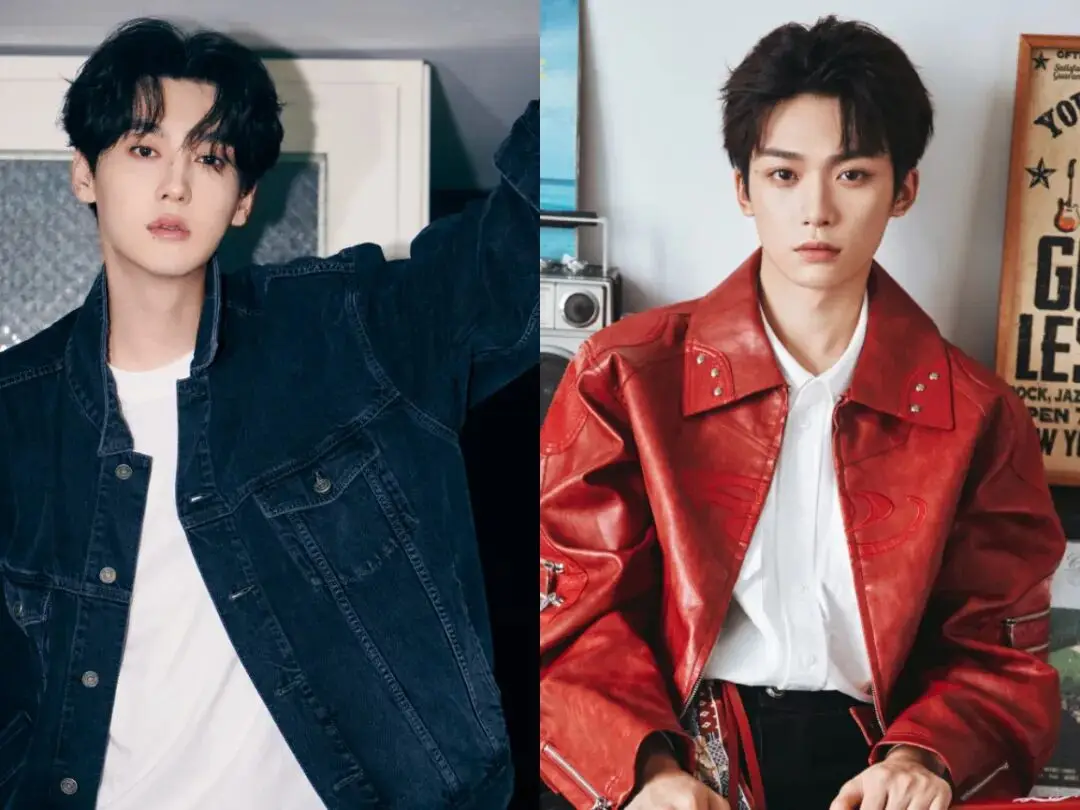
It wasn’t simply “shipping.” It was full-blown mobilization. And the two actors, far from being passive beneficiaries, played the game just right: just enough mystery, just enough ambiguity, and lots of camera-ready moments.
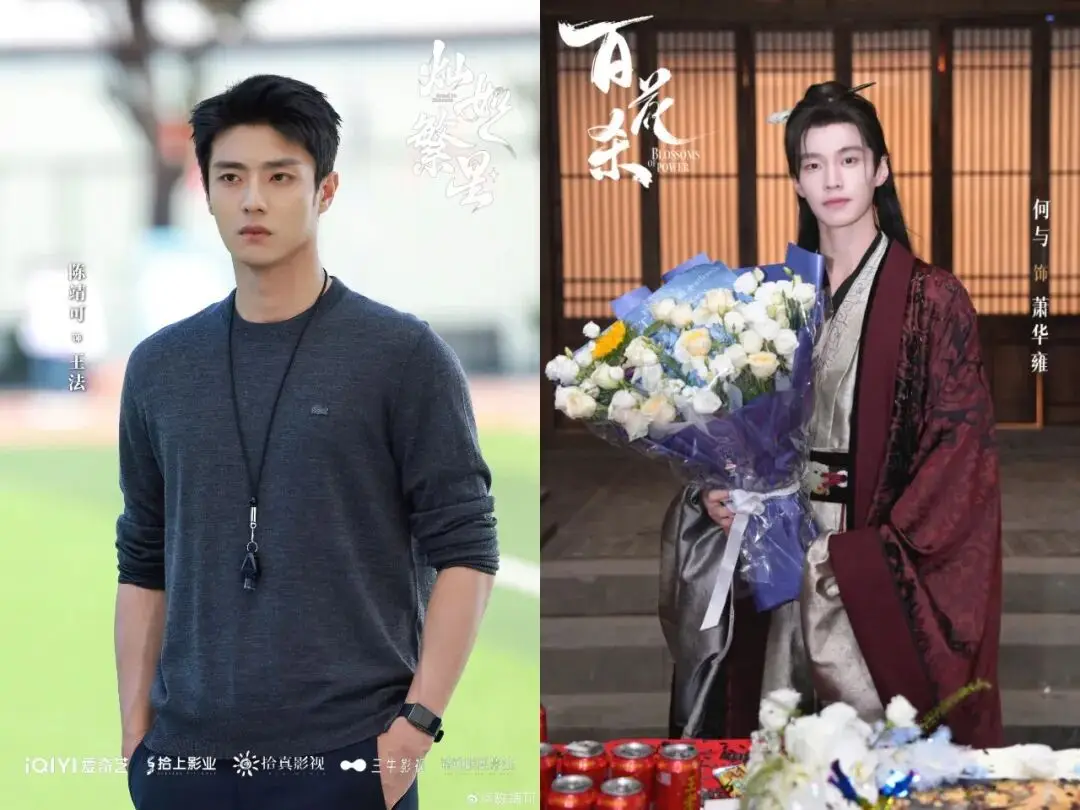
The Rise of the Short Drama Star
At the same time, another phenomenon gained ground—short-format dramas.
Initially dismissed as disposable content, these quick-hit stories have become a surprisingly effective training ground for rising stars. One actor, thanks to his striking presence in historical costumes, became a regular on trending charts, attracting passionate offline support and sparking discussions about the next wave of post-2000-born male leads.
These condensed dramas may lack prestige, but they offer something the mainstream rarely does anymore: speed, exposure, and direct access to massive, mobile-native audiences.
While some of the older actors seem to be losing steam—overexposed or weighed down by lackluster roles—these younger faces are stepping into the vacuum, with enthusiasm and digital fluency on their side.
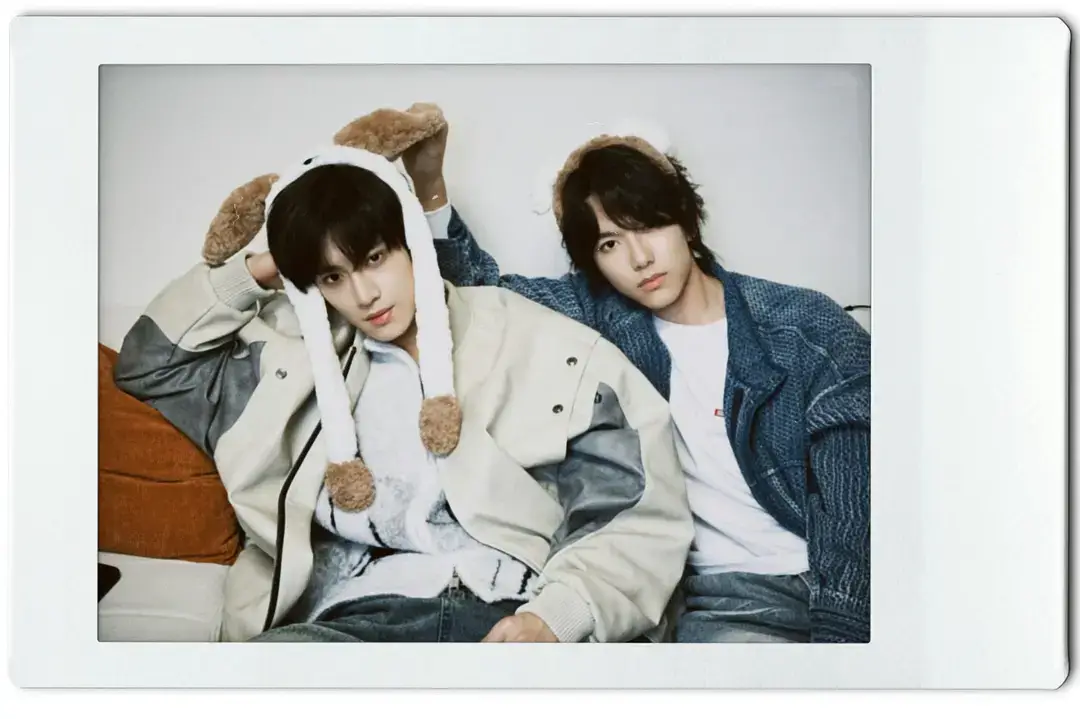
The Second Generation of “Almost-Stars”
Let’s talk about the “second generation” of nearly-famous young actors.
Unlike their predecessors, who were often tied to a specific genre or fanbase, this new crop isn’t anchored to any single breakout moment. Some are former pop trainees or boy group members. Others emerged from short films, web series, or even influencer backgrounds. Many are tied to internal talent programs and cast repeatedly in projects designed to build visibility—but not necessarily traction.
They act, they post, they appear. But nobody seems to be buying in.
One actor appeared in three separate dramas this summer alone—each with decent production value, decent reception, and decent engagement. And yet, despite the exposure, his name never quite stuck. His path is representative of the broader trend: actors fast-tracked into mid-tier stardom without the organic build-up of audience trust or genuine standout performances.
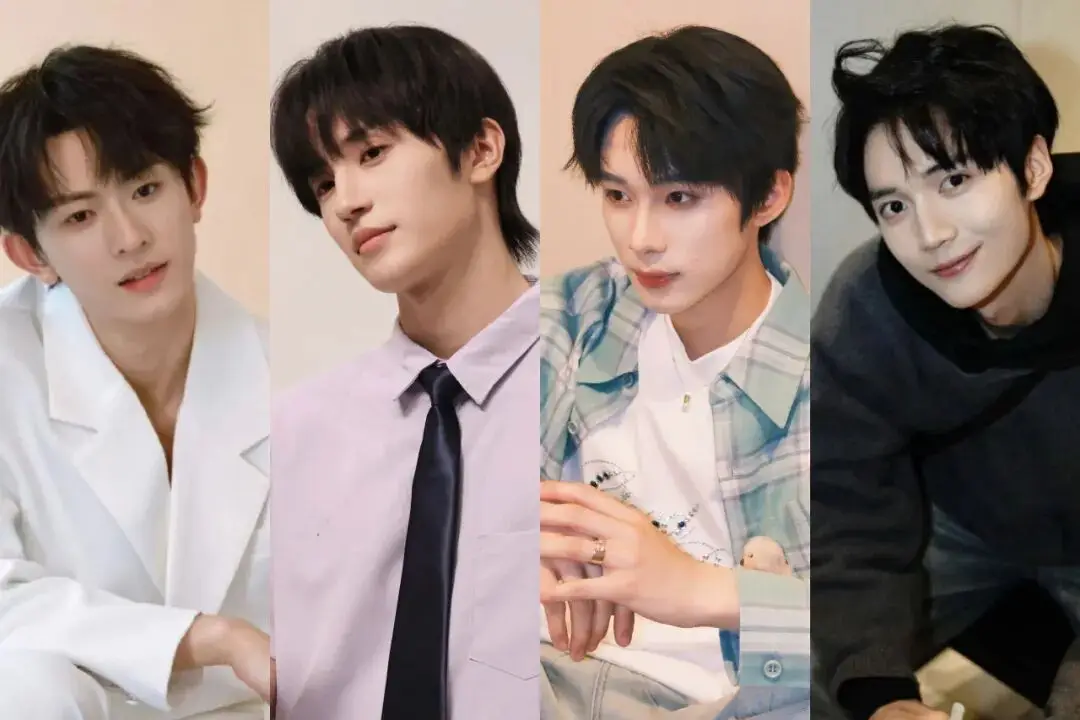
Why Breakouts No Longer Break Out
Because breakouts can’t be manufactured—not really.
The current system treats stardom as something you can project manage: line up the roles, release the teasers, drop the magazine covers, feed the fandom. But audiences are growing increasingly immune to this formula. The excitement is gone. The suspense is missing. There’s no sense of discovery anymore—just deployment.
And that’s why even promising new actors seem to stall. Everyone knows the script now. The “new face” has been pre-selected, pre-packaged, and pre-approved. There’s no mystery, no danger, no mess. And without mess, it turns out, there’s no magic.
Meanwhile, smaller-scale dramas—with no big-name IPs or famous authors—are producing more compelling results. A quiet coming-of-age series earlier this year introduced two young actors who gained genuine traction through performance and word-of-mouth, not hype.
It wasn’t perfect. It wasn’t viral. But it felt real.
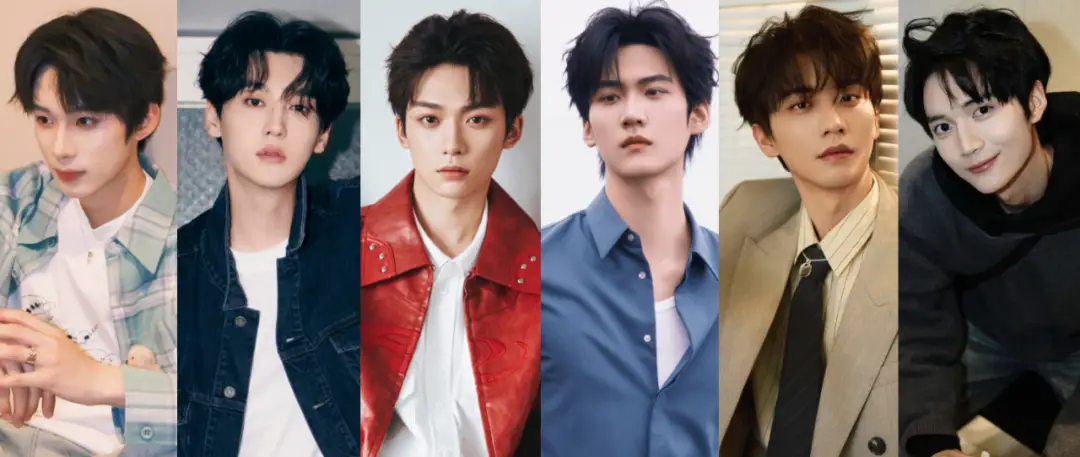
Everyone’s Looking—but No One’s Investing
The most damning part? The audience is watching—but not rooting.
They see the new lineups, the carefully styled press releases, the social media cycles. But they’re not emotionally invested. The old “buying stocks” mentality of fandom—where people picked favorites and stuck by them—has been replaced by polite disinterest.
It’s not that the new crop lacks talent or looks. It’s that everything feels… the same.
The costume dramas are formulaic. The modern romances are predictable. Even the “bromance” pairings seem constructed for virality, rather than chemistry. At some point, you realize you’ve seen this all before—just with slightly different jawlines.
Meanwhile, Elsewhere, Stars Are Being Made
Where are the actual breakthroughs happening?
In places that weren’t designed for them.
One ultra-low-budget drama earlier this year launched two young leads into a level of popularity previously reserved for mainstream idols. Another actor, initially dismissed due to his unconventional appearance, found success by leaning into that uniqueness—offering something audiences hadn’t seen before.
Some newcomers are skipping the traditional path altogether—bypassing talent agencies and relying on self-produced content, slowly cultivating niche but fiercely loyal followings.
The blueprint is changing. And those still clinging to the old model may find themselves left behind.
The System is Tired. The Audience is Tired.
And maybe that’s the real story here. Not that these actors are untalented, or unworthy—but that the system that once launched stars is now struggling to manufacture relevance.
There’s a hunger for something different—less polished, more unpredictable. A sense of spontaneity. Of genuine connection.
Until that returns, the faces will keep changing. The dramas will keep coming. But the stars?
They’ll keep circling the same orbit, always just one hit away. Forever waiting.